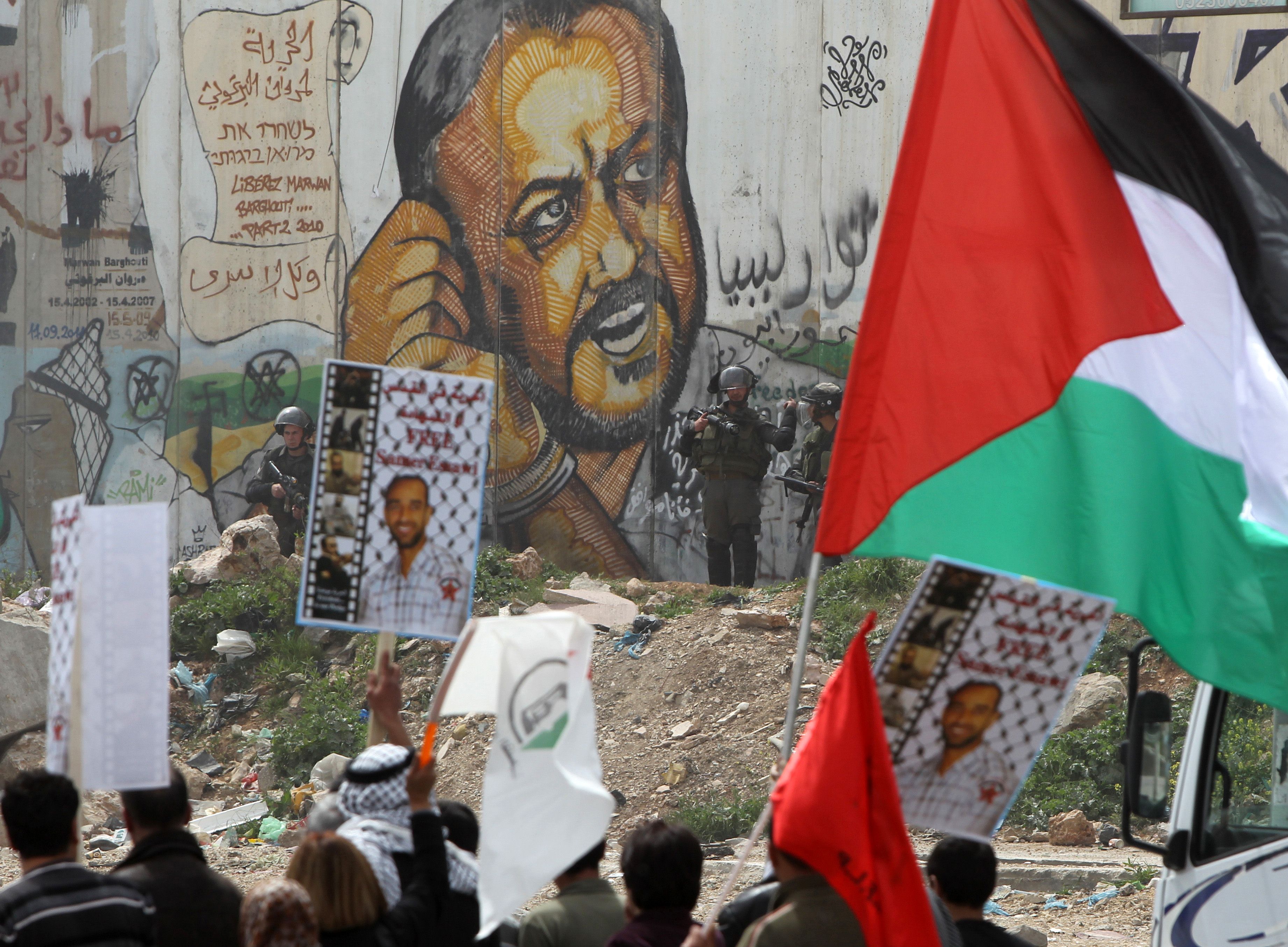NABLUS/WASHINGTON, DC: The explosions in Nablus, Palestine began in the evening on 21 July, and continued throughout the next day. Was it the beginning of the third Intifada? Absolutely not. The constant “Boom! Boom! Boom!” we heard were fireworks to celebrate the all-important announcement of the Tawjihi (high school final exam) results. Families gathered around their radios listening for the names and scores of sons and daughters. All over town people poured over lists in the newspaper to find the names of friends and family.
Khitam Salameh, the principal’s assistant at the United Nations Relief and Works Agency (UNWRA) School in New Askar refugee camp, planned to host her extended family to listen to the scores and then celebrate the results of her daughter.
My question about what would happen if the scores disappointed was met with incredulity which quickly gave way to confidence: “My daughter works very hard. She will get high marks.”
In the end, mother knows best. Salameh’s daughter, Sakha’ Khaled, earned an exceptionally high grade. And Salameh was all smiles discussing her daughter’s outstanding grade and the party planned in her honor.
But when I asked about where Sakha’ would go to university, Salameh’s brow furrowed. The good news was that Sakha’ had been accepted to the medical school at the local university, An-Najah. The bad news was that the tuition of $12,000 per year far exceeded the family budget. Although she had applied for a scholarship for her daughter, Salameh did not hold out much hope, given the limited amount of funding available from the government for higher education.
Salameh has already begun to search for extra work as a translator to supplement their income. Optimistically, she expressed hope that we would return in six years to see her daughter’s clinic, and share another incredible meal in their home.
Across town in the New Askar refugee camp, a Palestinian community leader spoke eloquently of the value and importance of education, referring to schools and universities as “holy places” and the key to “freedom and a good life”. He insisted that his sons attend high school, unusual in New Askar where the UNWRA School stopped at eighth grade.
His sons were star pupils in the English classes taught by volunteers from Inspire Dreams Palestine, a non-governmental organization started by three recent Georgetown graduates and which organizes English classes and American-style summer day camps in refugee camps in Nablus, Bethlehem and Ramallah. In the classes, advanced students work hard on essays in English for a grant application, while younger students laugh and shriek with delight as they come up with the words to win at vocabulary games. At the camps, kids play soccer, learn photography, how to rap and how to build a flashlight from scratch.
Observing all this while visiting my son, Sam, an Inspire Dreams volunteer, I could not help but wonder who was listening to the dreams of these young Palestinians who want so desperately to learn. Without supporting young people aspiring to be doctors or engineers, how can Palestine ever hope to provide its people opportunities to lead productive lives?
The humanitarian relief organization Islamic Relief USA is funding a new school in New Askar, but due to financial shortages, it has been temporarily halted. Ultimately, it will open up more places for boys and girls but, unfortunately, the new boys’ school will stop at sixth grade, due to limited space, leaving the 13-year-old “graduates” little choice but spare menial jobs in and around the camp.
I fear that the fireworks over Nablus, celebrating the results of the Tawjihi exam, are falling on deaf ears. And while on 8 August Prime Minister Salam Fayyad spoke about the need to improve education in Palestinian society not only for social and economic development, but also to provide Palestinians with the foundation for a viable state, the Palestinian Authority (PA), regional actors and the international community must also do more in support of education at all levels.
Specifically, the PA government should provide transparent, merit-based scholarships and reduce the tuition at state universities — $12,000 is impossibly high for residents of Nablus, or other cities such as Jenin, Jericho, and Hebron, which have not shared the economic boom in Ramallah. The status quo in education in the refugee camps — schools that accommodate only a fraction of the population and end in eighth grade or sooner — is unacceptable. No one benefits from another uneducated generation of Palestinian youth — not Palestinians, Israelis, Americans or the global community.
Hopefully, the direct talks that will soon begin between Palestinian and Israeli leaders will pave the way for the people of Nablus to realize their dreams of educating their children and ensuring their future.
Cynthia P. Schneider, PhD is Distinguished Professor in the Practice of Diplomacy at the School of Foreign Service at Georgetown University, as well as a Senior Non-Resident Fellow at the Brookings Institution. To support merit-based scholarships for Palestinians, you can donate to Inspire Dreams Palestine (www.inspiredreamstoday.org), where 100 per cent of funds targeted to the scholarship programme will go to the students. This article was written for the Common Ground News Service (CGNews).


